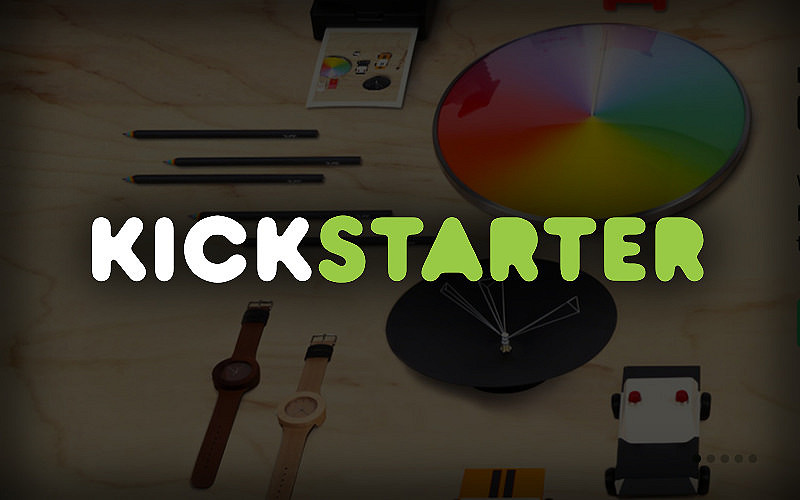Some of the larger crowd funded gaming titles this year have been experiencing problems. Less money is going into funding for major titles, which has led to some of those titles being cancelled and those that invested losing money. It’s fairly clear how this can become a little bit of a self-fulfilling cycle: cancellation leads to less certainty among investors, which means less money coming in, and potentially more cancellations.
This is the problem that caught up to one promising RPG, ReRoll, as we wrote about earlier this summer. Operating with an independent crowdfunding campaign free of the oversight and regulations of a Kickstarter or Indiegogo, ReRoll pretty much vanished into thin air. This left a lot of investors with nothing to show for the money they had committed to the game. The excuse, as we noted, is that crowdfunding is in fact an investment, rather than a purchase. In that sense the folks at Pixyul, the company behind ReRoll, aren’t responsible for their own failure.
This begs the question of what exactly constitutes a good modern pay system for game development. Of course, there are still plenty of games out there that operate in an ordinary way where a developer finds the money to make it happen, and people pay for the product. But in a subtle way, we’re seeing gamers having a more direct impact on what comes out across various genres and mediums.
Interestingly, some of the best examples of gamer purchases and interest having a direct say in what’s developed next come from the internet casino industry. Looking through various platforms for online slot games, it becomes clear that the specific titles offered involve a lot of licensed material from pop culture properties. And often, these particular slot options tend to turn into something resembling franchises. For instance, an Iron Man slot game has been popular on numerous platforms for some time now, and it’s now common to see a whole host of Marvel games at any given site. While it’s not crowdfunding, it is still a pretty direct process: players invest in the slots and arcades they like, and developers take notice by producing more of the same.
A similar process also happens in mobile gaming, where players have a clear impact on how frequently games are updated or adapted. If you take a look at the highest grossing mobile games for 2016, you’ll notice a handful of titles that are almost constantly being updated or generating spinoffs. In other words, gamers are spending money on in-app purchases, simultaneously providing money and incentive for the developers to improve the games or design new, similar experiences. Again, it’s not crowdfunding, and it’s only subtly different from an ordinary supply and demand process. But it does feel as though gamers’ spending patterns have more influence over developers than ever before.
The key difference, of course, between these examples and the crowdfunding approach is that in these, gamers already have products to enjoy. With crowdfunding, there’s more of a leap of faith that those products will eventually be coming out. And though the approach has been responsible for a lot of terrific games over the years, the numbers suggest that the model may be wearing out its welcome. Because of issues like the ReRoll cancellation, the amount of money pledged for games has halved compared to last year, with big budget projects largely disappearing altogether.
That paints a bit of a grim picture moving forward, at least for big budget games. That said, developers behind crowdfunding games tend to be among the more creative folks in the business, so here’s hoping they can work out a way to weather the storm.




[…] more campaigns come online with many failing to meet their goals. Crowdfunding news site Cliqist noted in November that crowdfunded games are struggling as less money is going into funding for major titles, which […]